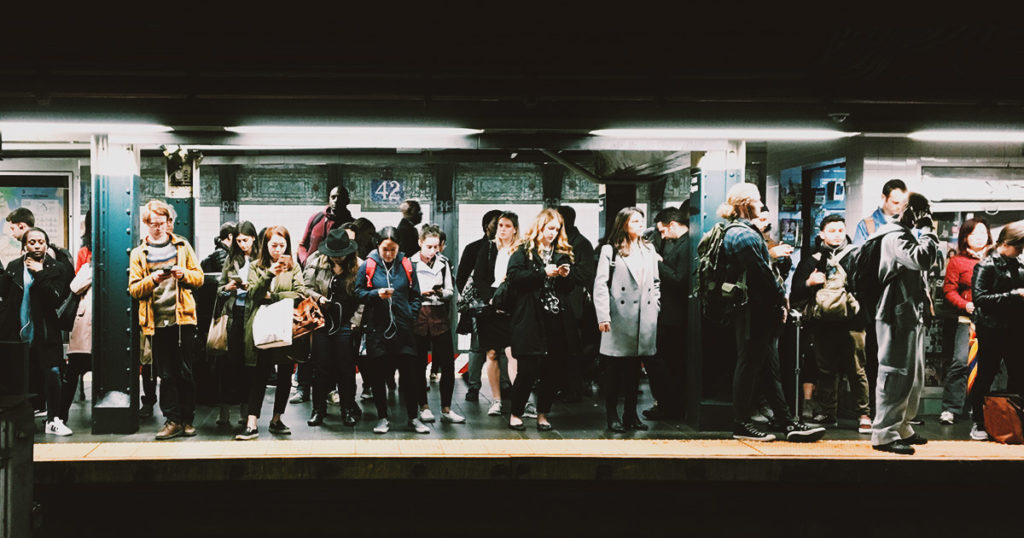3 Tourist Scams and How to Avoid Them

From getting ridiculously overcharged for meals, souvenirs, and cab rides to pickpocketing, you can get scammed anywhere in the world, including the United States. You’re more of a target if you act like a tourist, look like you don’t know what you’re doing and have your valuables open to the public.
This doesn’t mean you have to avoid tourist spots and wear an uncomfortable money belt! Here are a few common scams that you’re likely to come across while on vacation and how to avoid them.
-
The Taxi Overcharge
We live in a rideshare world where we can order an Uber or Lyft in an instant, and it’s often more convenient and less expensive than hopping in a cab. But, sometimes, you’ll still need to hop in a cab for whatever reason. And the taxi overcharge is one of the biggest scams out there. Not all cabs are like this, of course, but you may run into a driver who claims that the taxi meter is broken and then charge twice or maybe even 3x what your rate should’ve been! Either the driver will claim the meter broken or take a long, scenic route to drive up the meter rate and get a little extra cash.
To avoid this, call your hotel’s front desk ahead of time and ask them what the best way to get there is and if you take a cab ride, what the rate should be from the airport. You can always order an Uber or Lyft (many airports now allow Uber or Lyft pickups). You can also hop on a shuttle from a company at the airport and they’ll take you to your hotel (all airports have a shuttle service and cost anywhere from $15-$20). And, last but not least, take public transportation like a local!
-
Watch Your Wallet
Pickpocketing and theft distractions are more common in crowded, tourist areas such as Times Square in New York City, packed night clubs in Las Vegas, Pier 39 in San Francisco and Navy Pier in Chicago. Some thieves work in teams, where one distracts you in a large crowd and the other thief discreetly takes your wallet, purse, and even smartphone. And sometimes theft happens when you’re too distracted on your smartphone or look unaware.
Avoid this by watching your valuables all times regardless of where you are on vacation. Stay aware of your belongings and don’t carry too much with you while out. It’s a good idea to keep extra money, credit cards, passport (or an additional ID) and any other valuables that you won’t need inside of your hotel room or Airbnb. Also, keep a physical and electronic photocopy of your IDs and any other documents. If you have expensive electronics (such a camera), consider looking into theft insurance or travel insurance. Keep pictures of your electronics stored somewhere safe in case you need to file an insurance claim.
-
The Restaurant Bill Scam
Many restaurants in tourist areas will add 15% to 20% mandatory gratuity to your bill, especially for large parties. Sometimes tourists won’t notice the added gratuity on the bill and tip on top of what’s already been added for you. This happens more at chain restaurants such as Olive Garden in Times Square. While tipping is a customary American tradition, it’s normally based on the service and experience. Unfortunately, once the mandatory gratuity is added to your bill, you’ll be required to pay it. And it’s not worth getting the police involved over a few bucks.
However, you can avoid it by researching where to eat first. For example, New York City has a lot of restaurants all over the city. And you can go to a local pizza spot, deli or somewhere new instead of a chain restaurant in Manhattan. There’s nothing wrong with sticking to what’s familiar and if you do go to a restaurant in a tourist area, talk to a manager and request the mandatory gratuity be waived. This will especially work if you have a large party and the restaurant risks losing business. You can also say that your party will tip over the mandatory gratuity for good service. And, if this doesn’t work, you can always eat somewhere else!
We can go on and on about the millions of tourist scams out there but we have a plane to catch! Don’t travel fearfully; just carefully. Watch your valuables, do your research, and don’t buy anything from anyone off the street (i.e. tickets to an attraction).
Safe travels!
What travel scams have you experienced? Comment below!